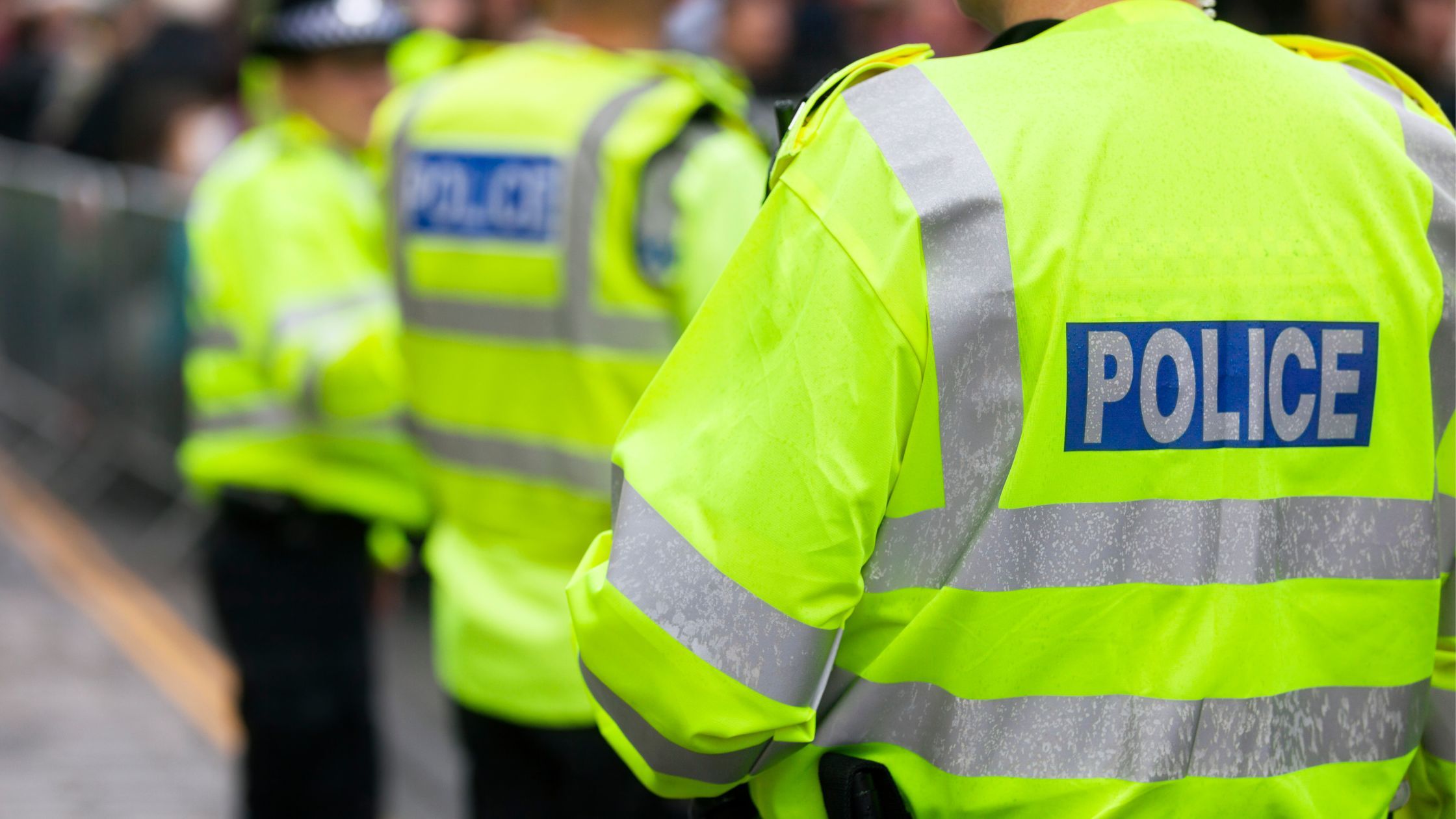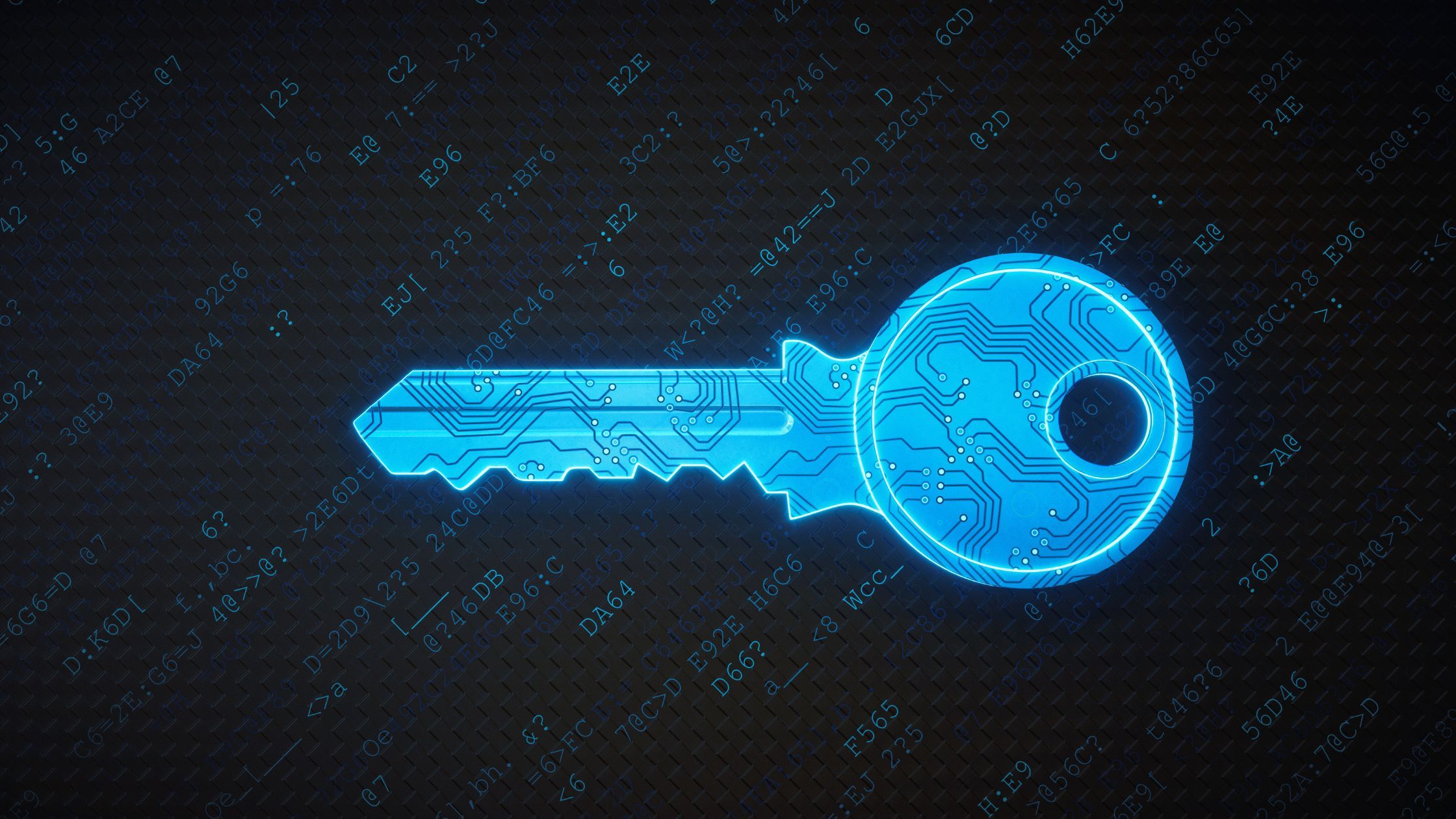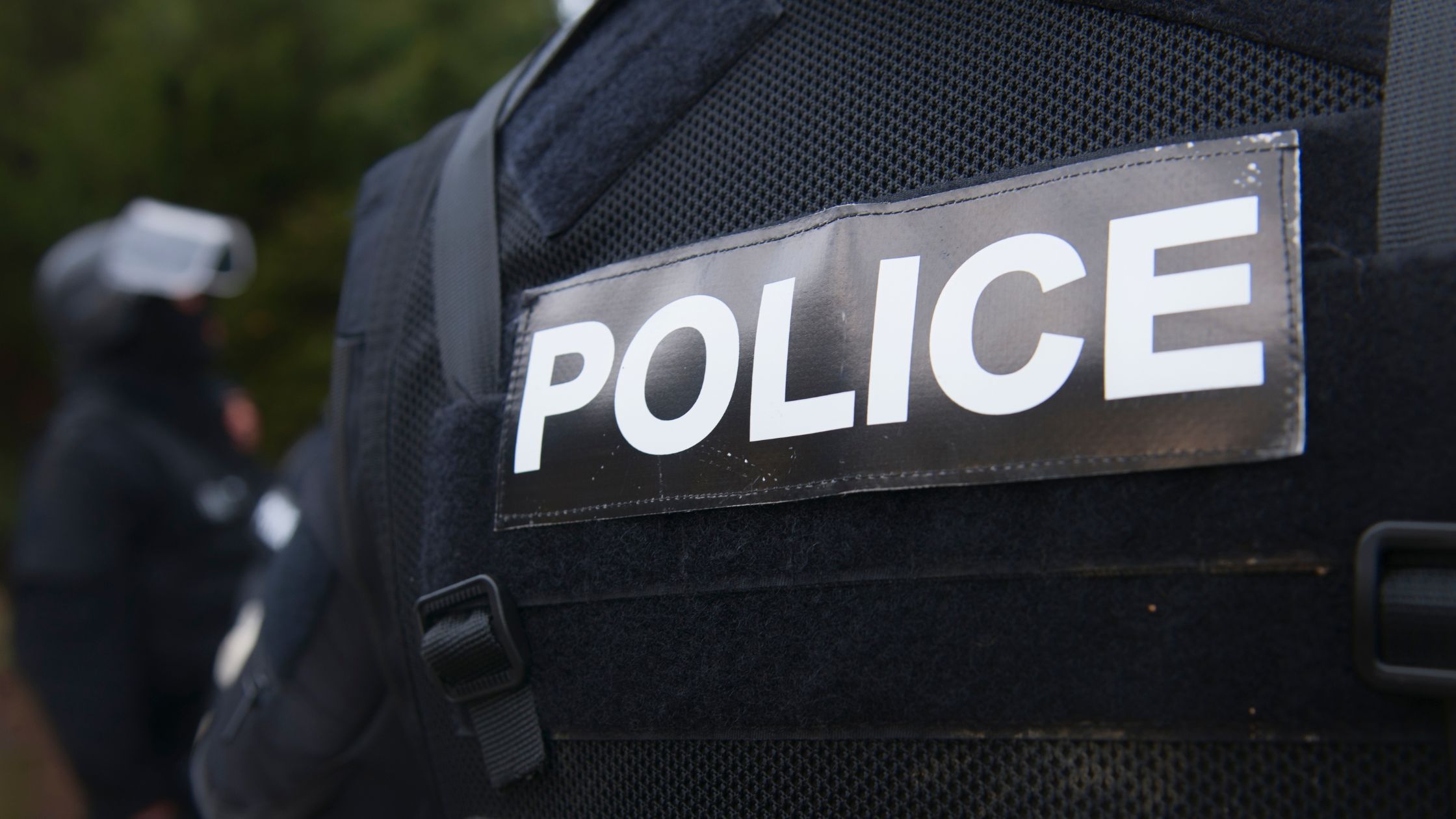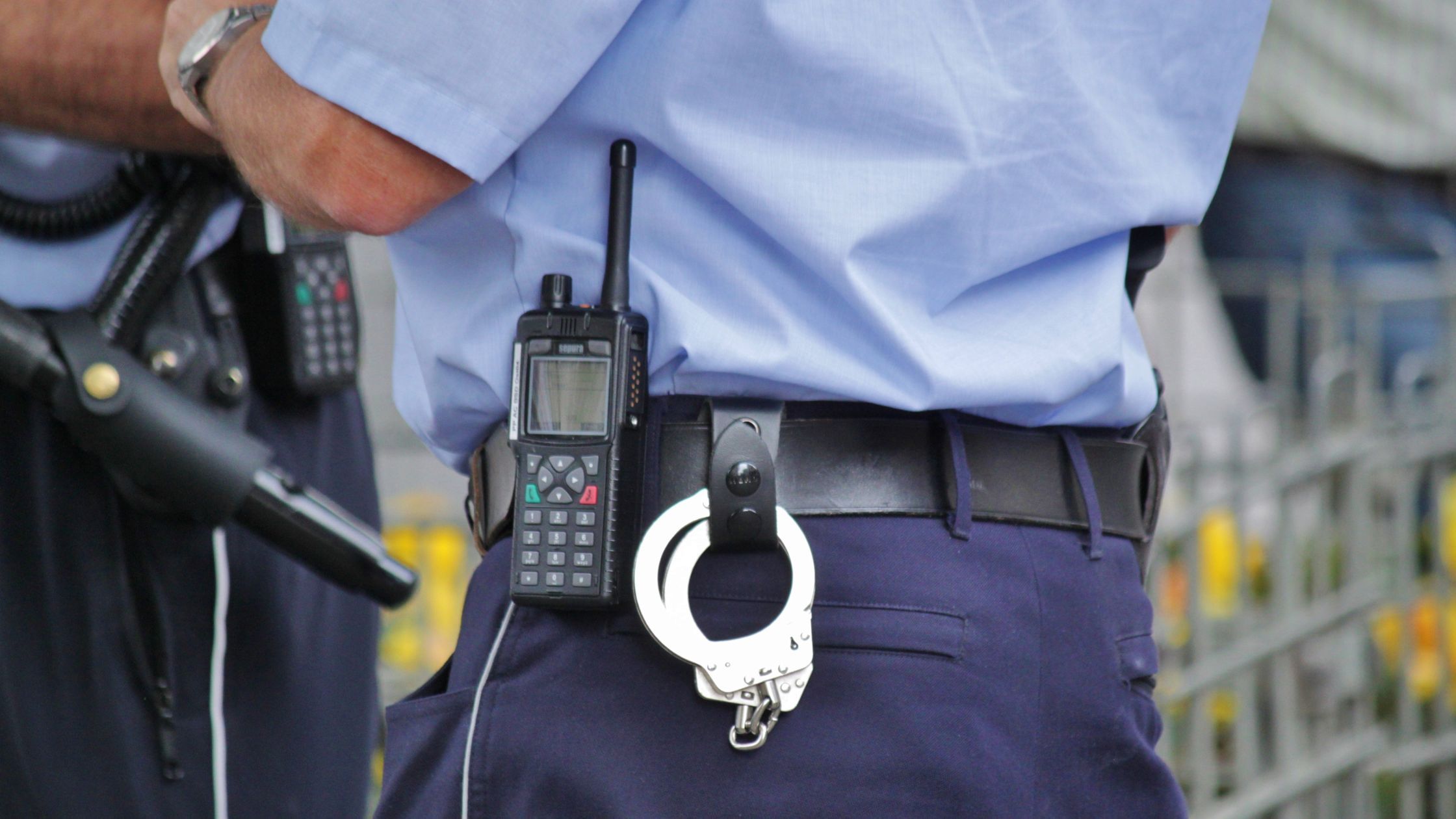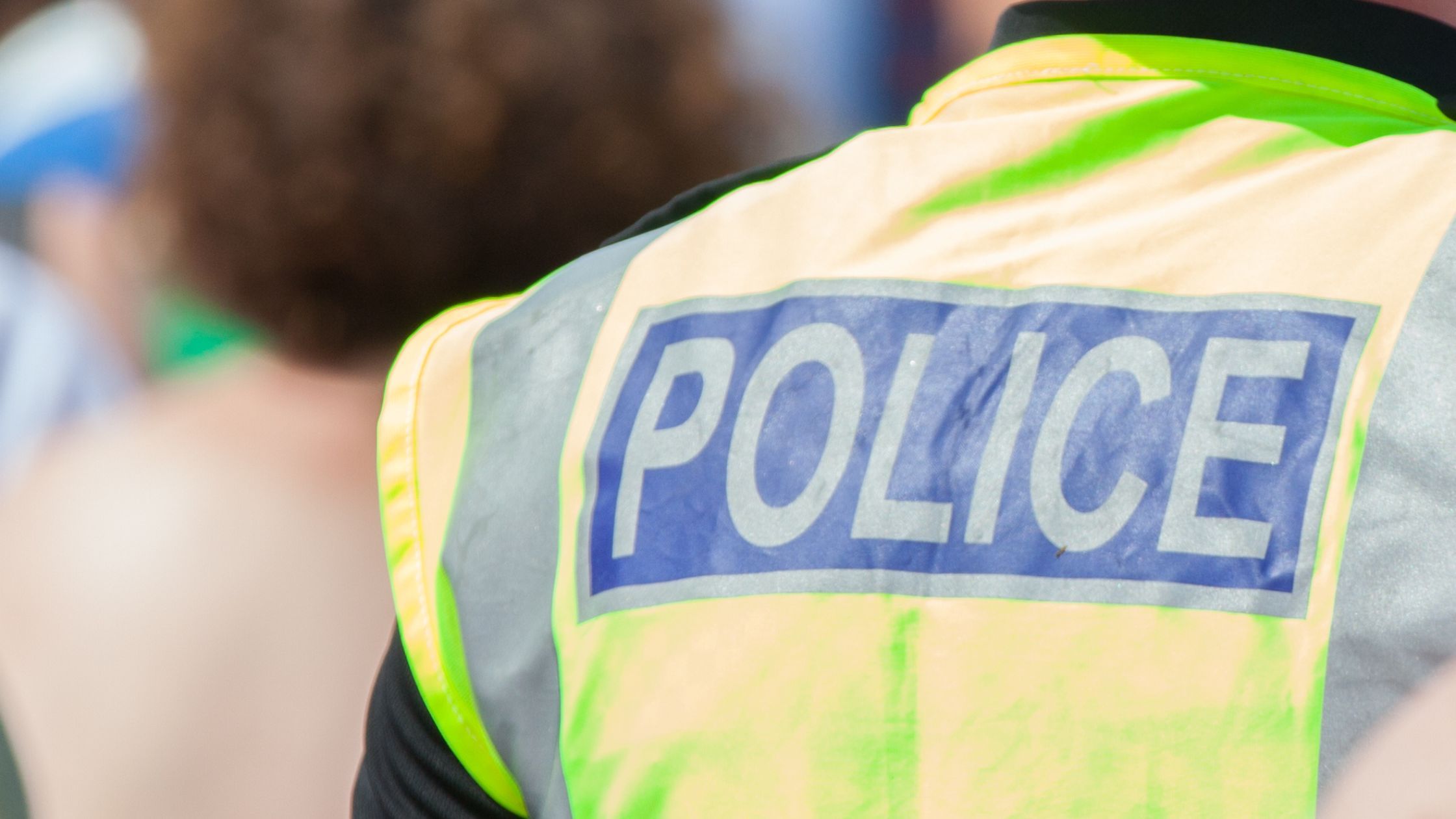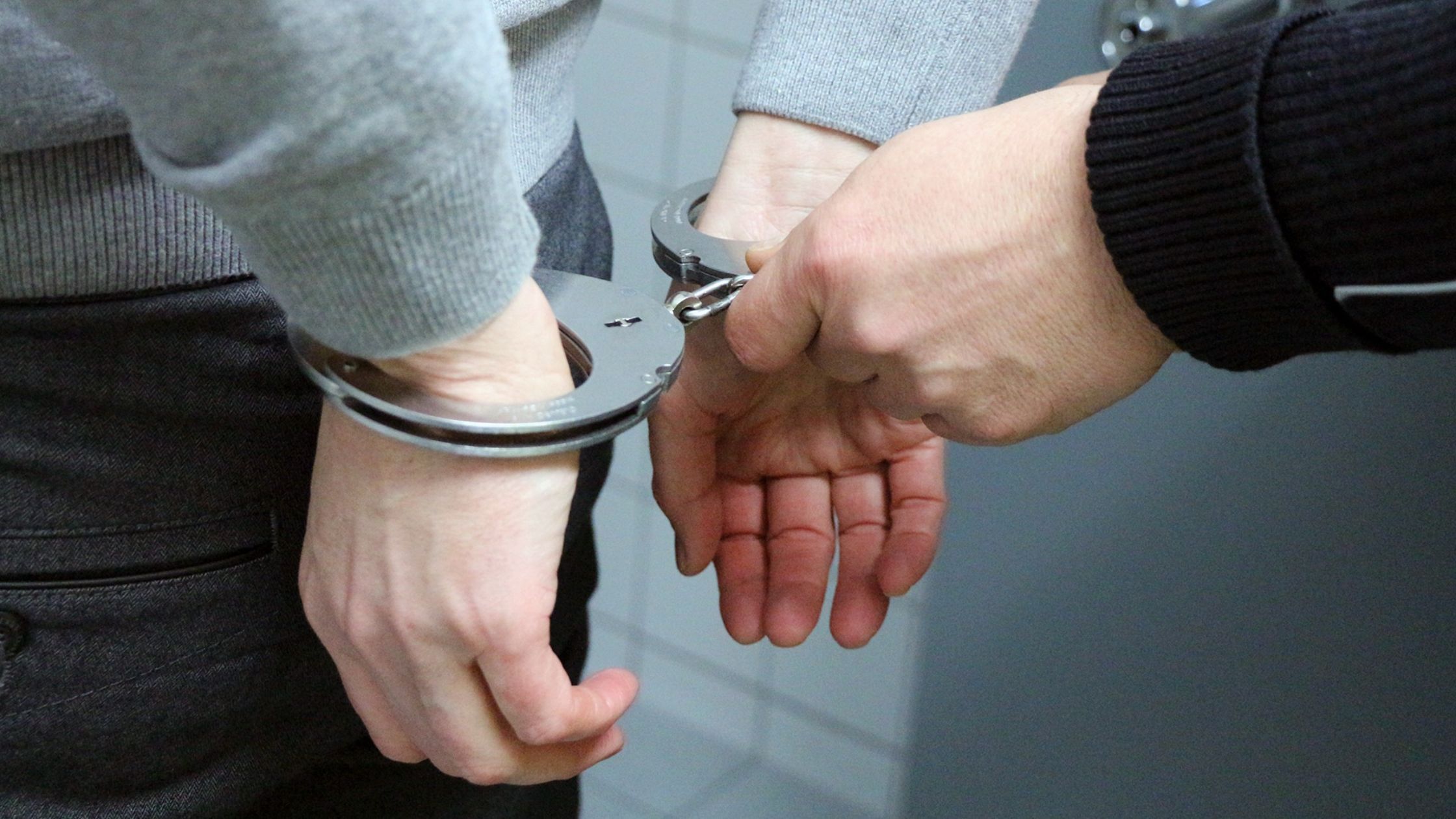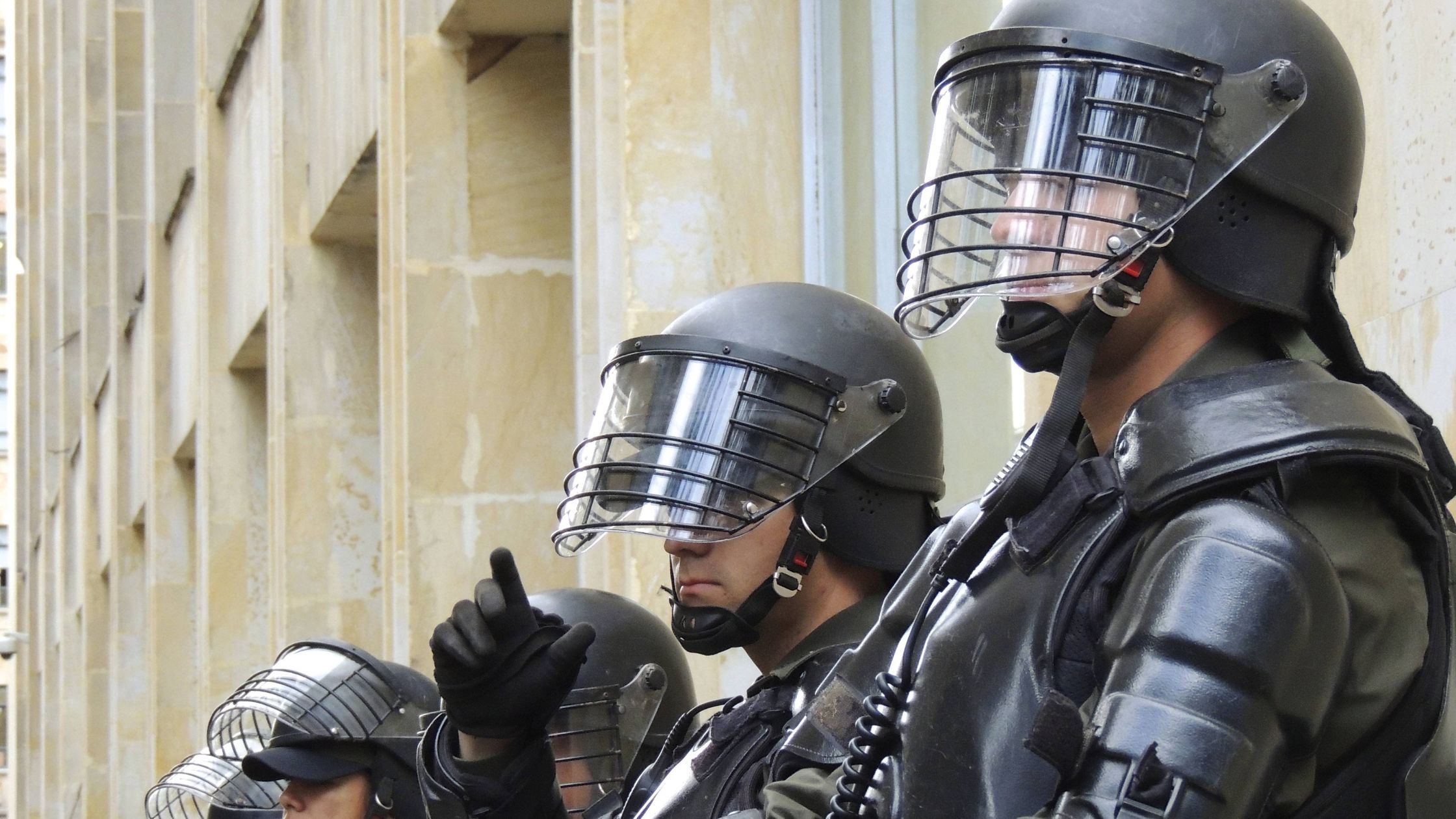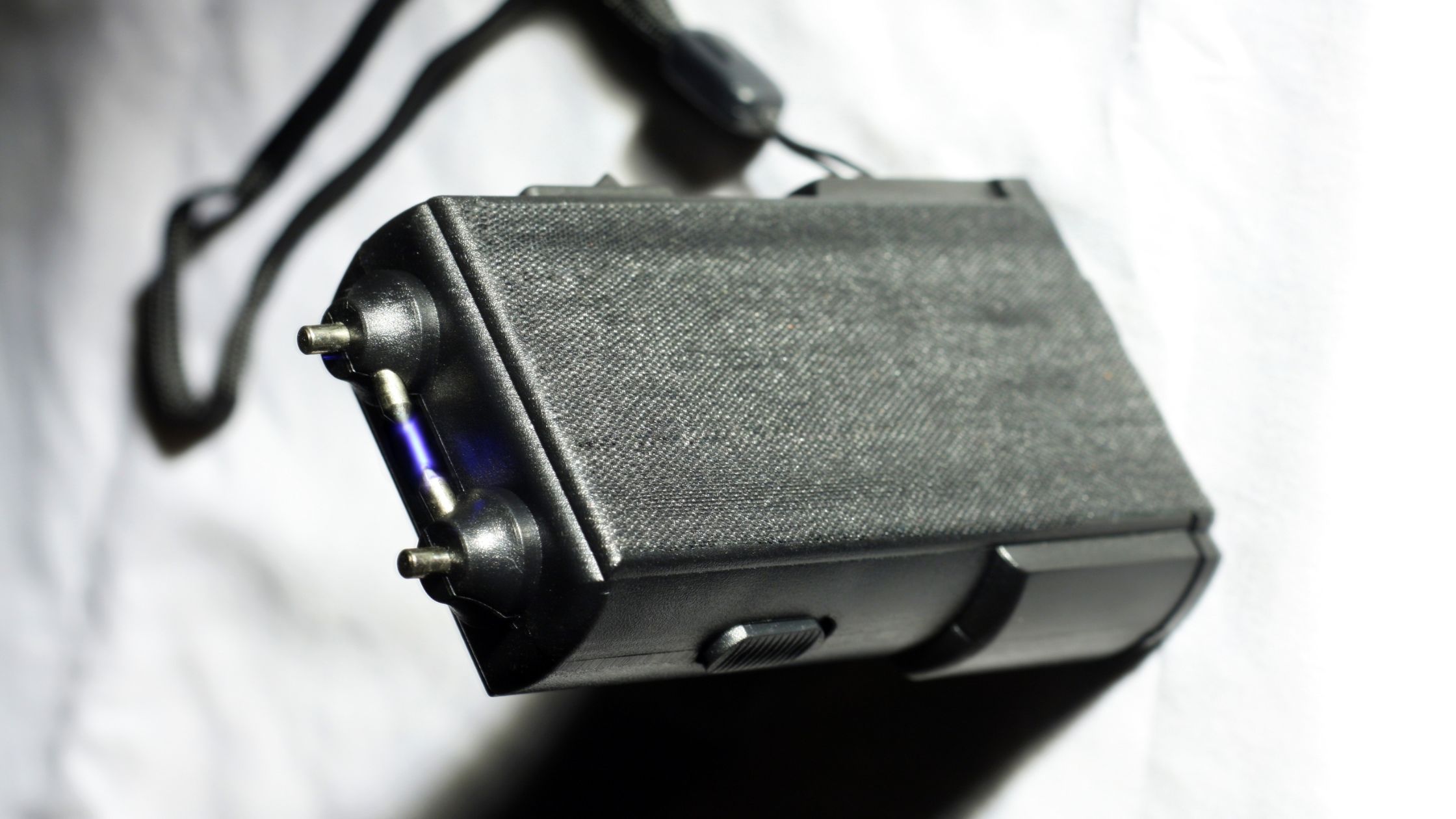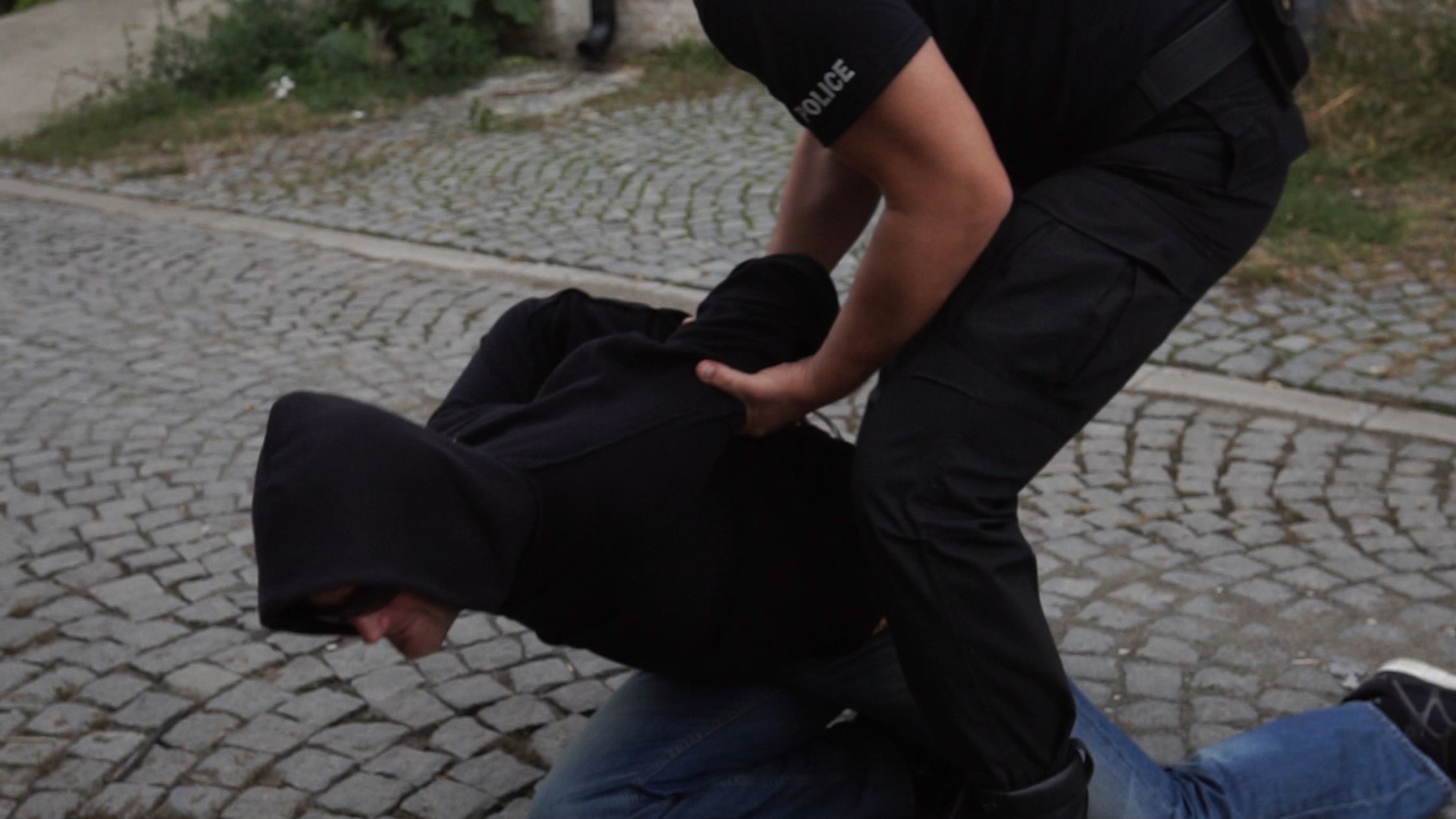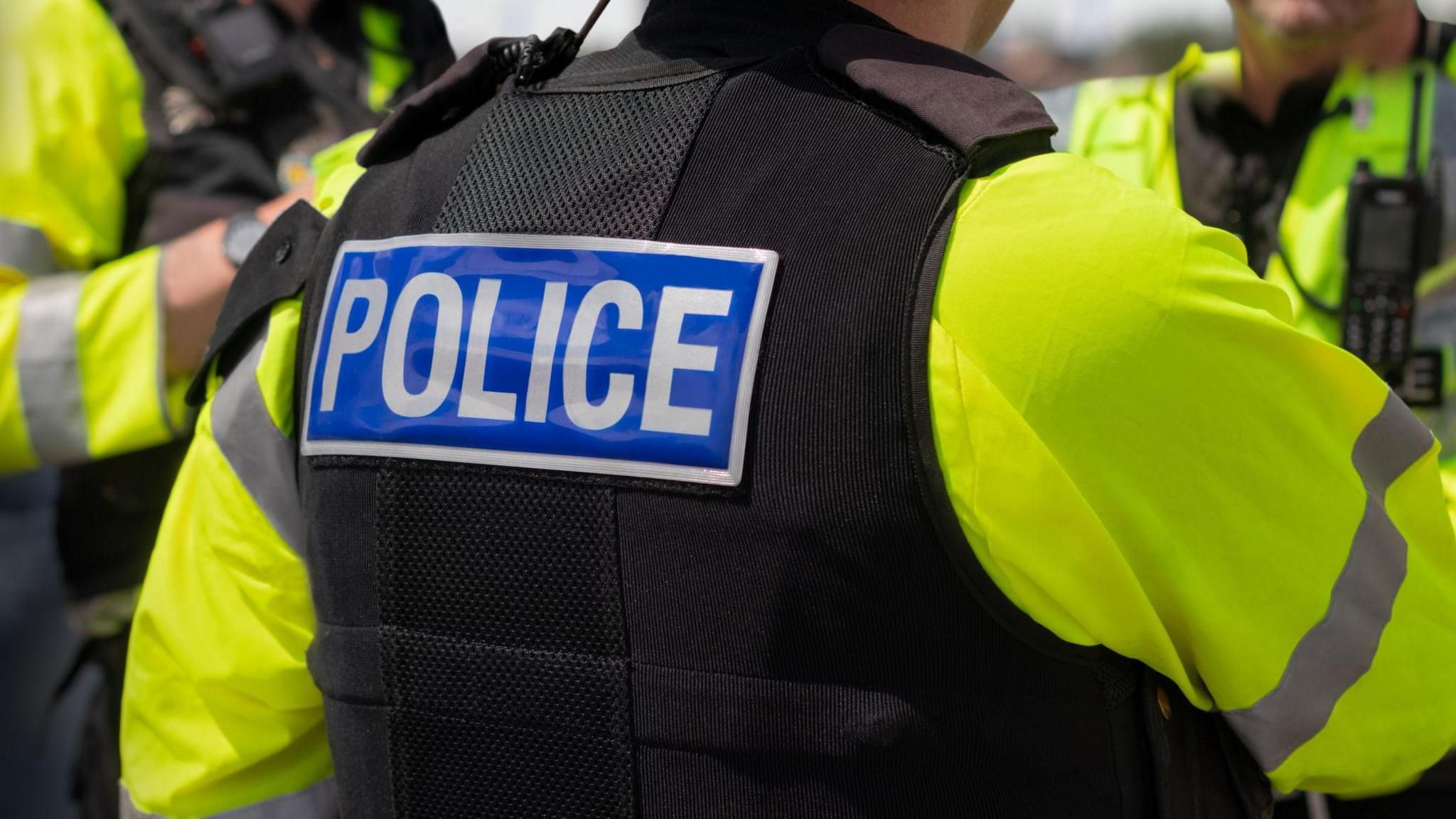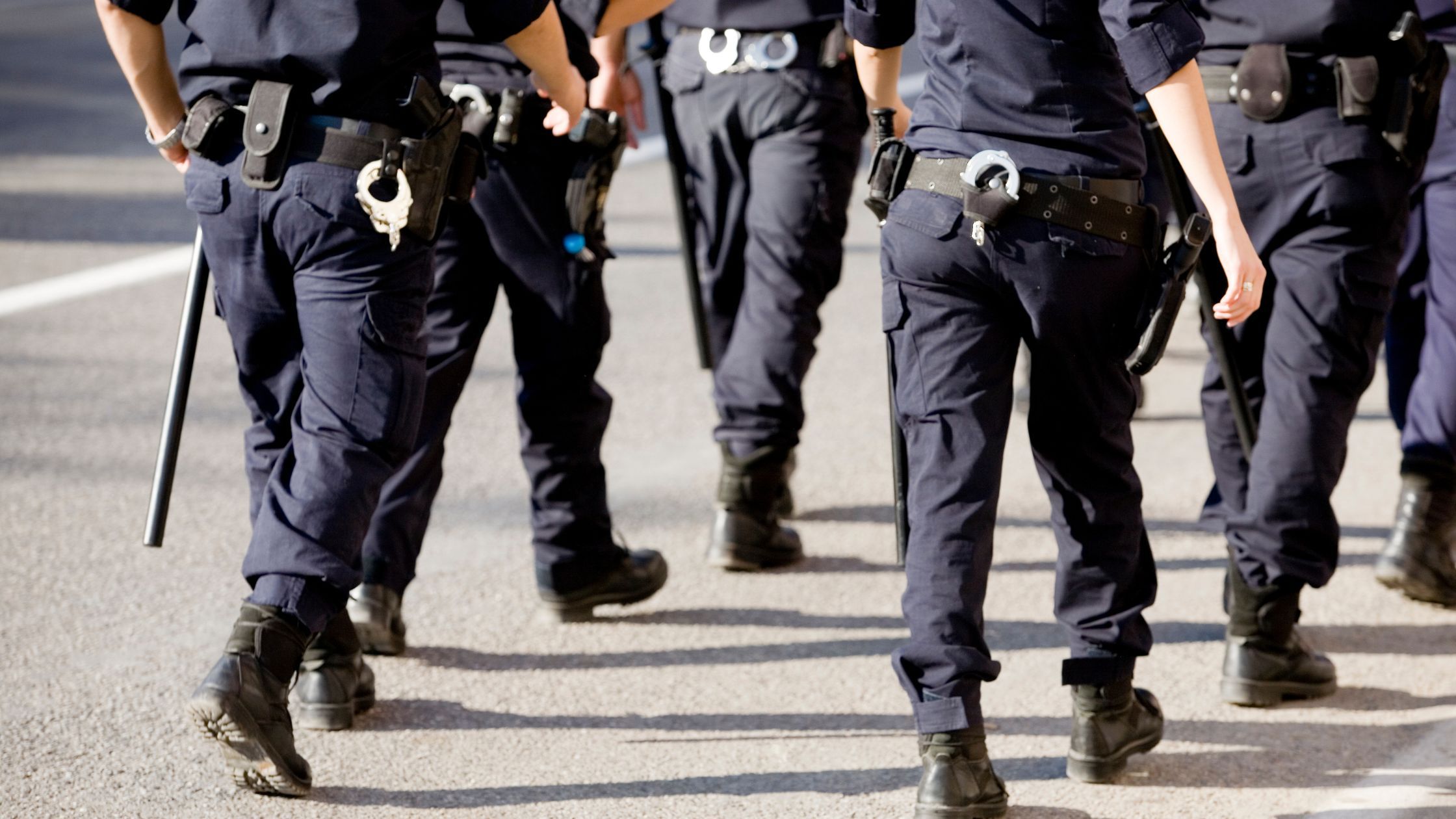Breach of the peace carries with it a power of arrest and a person may be bound over to keep the peace by a Magistrate. This power of arrest extends to the ordinary person and has been described by the judiciary as being " not only the right of every citizen, it is also his duty ". Nevertheless, in the case of Police Officers, they have to act honestly and on reasonable grounds in their view that a breach of the peace is imminent and also of the individual's potential role in it together with its timing and location. Foulkes v Chief Constable of Merseyside Police stated that there must also "be a sufficiently real and present threat to the peace to justify the extreme step of depriving of his liberty a citizen who is not at the time acting unlawfully."
As a result, an arrest will only be lawful if it is a necessary and proportionate response to the risk.
The basic principle is that a police officer may take reasonable action, which includes arrest, to stop a breach of the peace which is occurring, or to prevent one which the police officer reasonably believes is imminent. The House of Lords held that the breach must be believed to be actually imminent and not likely to become imminent.
The powers in connection with breach of the peace also engage certain parts of the European Convention on Human Rights. In particular,
- The right to liberty and security.
- The right to respect for private and family life.
- The right to freedom of expression.
- The right to freedom of assembly and association.
Any action taken must also be necessary, proportionate, legal and carried out for one of the purposes set out in Articles 9(2) or 10(2) such as, to prevent disorder or crime. If you have been arrested for a breach of the peace and your actions were lawful and reasonable, you may have a claim against the Police.







